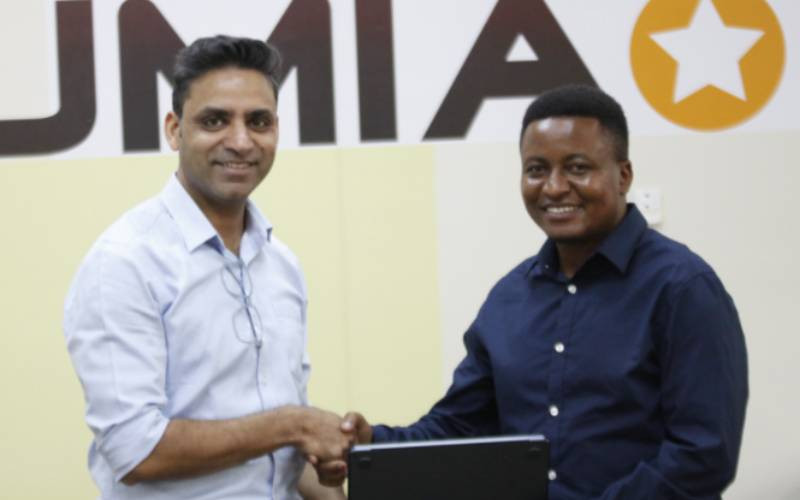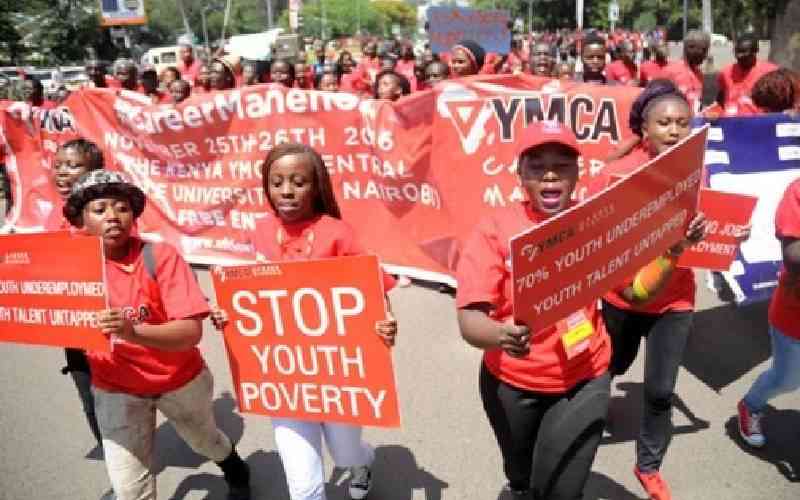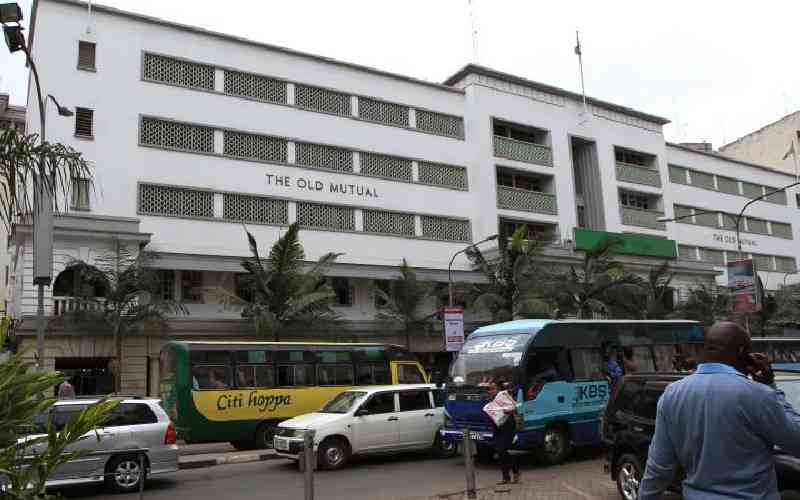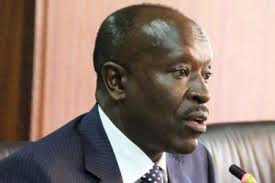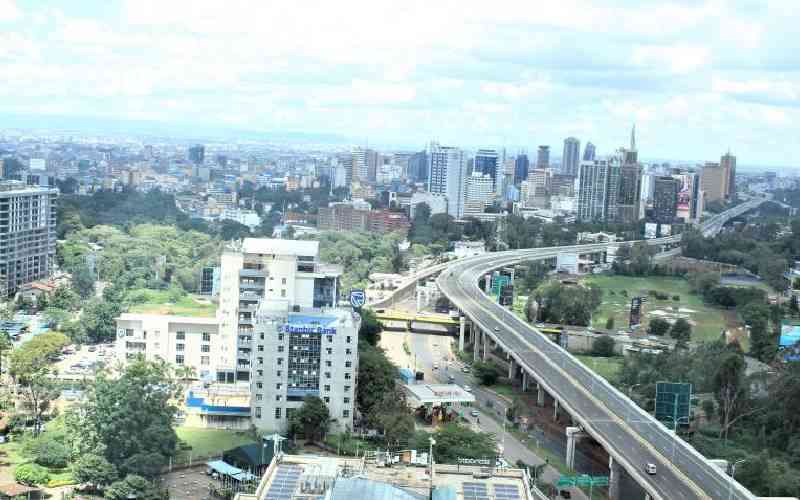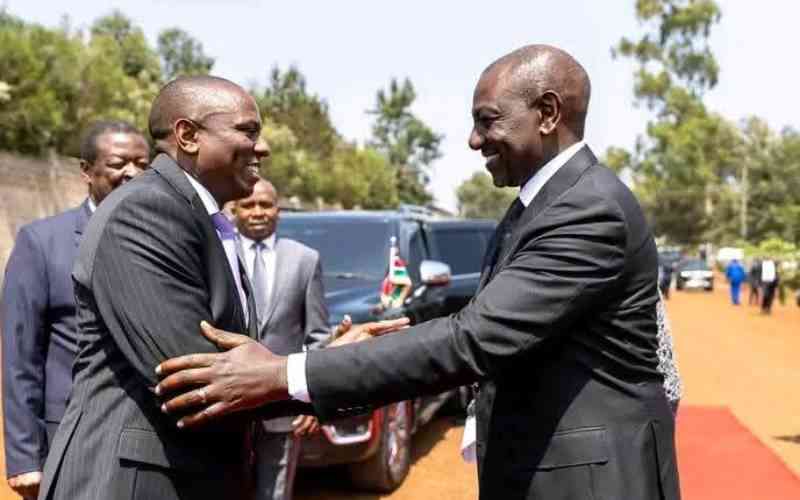
President William Ruto greets National Assembly Majority Leader Kimani Ichung’wah on arrival at his home for his father’s burial in Kikuyu. [George Njung’e, Standard]
President William Ruto on Monday, September 15, led mourners in paying tribute to Isaac Ichung’wah, who died on Thursday, September 4, aged 105.
He was the father of National Assembly Majority Leader Kimani Ichung’wah.
Deputy President Kithure Kindiki, Prime Cabinet Secretary Musalia Mudavadi, National Assembly Speaker Moses Wetang’ula, Senate Speaker Amason Kingi, governors and lawmakers joined hundreds of mourners at the burial in Kikuyu, Kiambu County.
Ruto said Isaac’s life reflected the struggles of many Kenyan families, noting he rose from being an orphan to a respected livestock trader and community mentor.
"Isaac is an inspiration of resilience and hard work. He was an orphan, but look at what God made out of his life. Today, the President of the Republic of Kenya is here. Kenya cannot continue to be a third-world country. We have a duty to change this nation, and it is possible. Kenya is not a failed state, we must believe in ourselves," Ruto told mourners.
He added that the government expects 75 million bags of maize this year, which he described as the highest harvest in Kenya’s history.
Kimani Ichung’wah eulogised his father as a humble, multilingual man whose integrity and mentorship shaped many lives.
"We will remember our father not just as my father but as our father. He was a mentor in business and always stood with the truth. He helped people denied justice, and we thank Almighty God even as we painfully let him go," Ichung’wah noted.
Daughter Nina Ichung’wah described her father’s life as a testament to determination in the face of adversity.
"His story is a testament to focus and sheer determination to succeed despite challenges. I urge future generations to draw hope from his life," she observed.
Justice Cecilia Githua, described as related to the family by extension, reflected on Isaac’s wisdom and patience in building a strong and loving home.
"He will be remembered not for how long he lived but for how deeply he touched lives. His legacy of love and unity is a lesson we can all emulate," Githua explained.
Grandson Isaac Ichung’wah Ngugi called him a protector and teacher whose actions spoke volumes. "He believed in our potential and taught us that true success is not measured by material things. He passed on the torch and we promise to carry it with love," Ngugi remarked.
Stay informed. Subscribe to our newsletter
Longtime driver Simon Njogu, speaking for workers, recalled joining Isaac in 2016 without knowing how to drive a manual car.
"He gave me a chance and trusted me with his life for nine years. He created a culture where hard work was recognised," Njogu recounted.
Wetang’ula urged patriotism and mutual respect.
"As we send Mzee today, we must be patriotic, see each other as brothers and sisters and live together as one. Everyone has a chance and a responsibility to put our country together. We must shun words of hatred, because that is the Kenya we want," Wetang’ula told the gathering.
Mudavadi called for reflection on values.
"We should ask ourselves to what extent we are following those basic principles. If we can answer that question honestly and candidly, then we can have a good nation," he noted.
Kingi praised Isaac’s rejection of tribalism, saying, "Isaac never looked at people through a tribal lens. We must stop profiling Kenyans and embrace the bond that cannot be broken. By the end of the day, citizens demand roads, water and electricity. Development must reach them, even if it costs us politically.”
Kindiki observed that values such as honesty and hard work are taught by "fathers of the land" rather than in schools.
Mourners described Isaac as a man whose life left a mark that would guide future generations.

